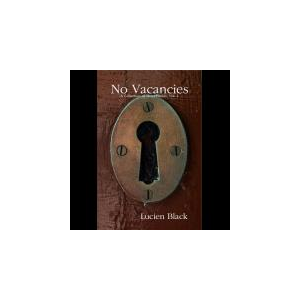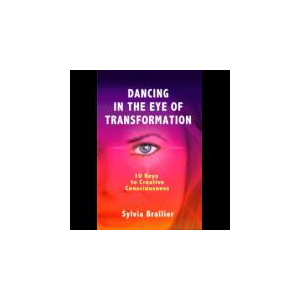The Kingdom of Absurdities
Norman Mailer famously said, "Nobody can write an interesting novel about graduate school." Like many other things, Mailer was famously wrong about this. In The Kingdom of Absurdities, Bruce Gatenby chronicles the missteps and misadventures of Chase, a stressed-out and rule-bound advertising copywriter who-missing the reckless irresponsibility of college life-quits his job pushing and pursuing the American Consumer Dream to pursue a Ph.D. in English and the so-called life of the mind at the University of Southern Arizona in Tucson, with disastrous results. A wicked (and wickedly funny) satire on the absurdities of contemporary academic life in the USA and at the U of SA, The Kingdom of Absurdities skewers the unholy academic trinity of enforced diversity, political correctness and liberal insanity. After reading, you'll agree with Lenin, who famously said, "shoot more professors."
Praise and Reviews
“Vituperative.” The Chronicle of Higher Education
“The book is a biting satire of university politics, not to mention the misuse of graduate assistants and the pursuit of romantic dalliances.” Goodreads.com
“I found the writing to be very good, almost too good as it made me work a little hard.” Red Adept’s Kindle Reviews
“I never went to grad school with Bruce Gatenby, but after reading this novel, I wasn’t so sure. It seemed as if he was describing the very professors, academic controversies and fellow students that I remembered from my own days in “the program.” Unlike other academic novels, this is not a loving send-up of graduate humanities programs. Instead, it’s a laugh-out-loud, drop-your-jaw peek into the “kingdom of absurdities” that frequently passes for intellectual discourse. You don’t have to be a veteran of a graduate program to enjoy this book, though if you haven’t done the classes, the comprehensives and the committees, you may think that Gatenby’s embroidering the truth a little. He isn’t. If anything, he’s downplaying the craziness. Yep, this is the life as I remember it. If I’d read this book (and believed it) 25 years ago, I could have saved myself a lot of time.” Amazon.com
“This book is a definite read for anyone who has pursued or has a Humanities graduate degree. For anyone not belonging to this category, Gatenby’s novel is still very much worth reading because it is hilarious, witty, and smart. Living in a society that instills ideas of responsibility and preaches family values from a very early age, Chase demarcates himself by being anything but. Chase ponders over “all the responsibilities of the strenuous life,” which are “raining down on him like rain, rain and more rain, the moss and scum of responsibility growing seemingly without end” (p. 7). Rather than letting these observances bear down on him, Chase demonstrates, time and time again throughout the novel, that he is completely unmoved by society’s pressures to conform. He is a loveable character precisely because he knows, whether consciously or unconsciously, how to release himself from society’s strains, giving him greater access to live life on his own terms. The beauty of the novel is that despite its harrowing realities about graduate school, Chase is ultimately an intellectual product of the very environment that seeks to destroy him with charges of eye rape.” Amazon.com
“Bruce Gatenby’s The Kingdom of Absurdities is an uneasy, startling, and outrageous read–it’s satire of the old variety, meaning it’s an impolite and necessary book in these times in which the American university has neutered itself. The fiefdoms are found in deans’ and chairs’ offices, where beknighted and tenured faculty protect their stations, while beneath them, an entire serfdom of graduate students, teaching assistants, adjunct faculty, and visiting instructors scramble to appease their lordships. The values of this kingdom? Orthodoxy. Safety. Conformity. Gatenby, in the tradition of Swift, Kafka, Orwell, and The Who, reminds us in this great comic novel that the new boss (in shiny post-structuralist garb) is very much the same as the old boss.” Jim Brock, author of Gods and Money
Related Books
More
No Vacancies, A Collection of Short Stories, Volume 1
Comics & Graphic Novels
General Fiction
Mystery & Thrillers
4k views

Dancing in the Eye of Transformation, Ten Keys to Creative Consciousness
Entertainment & Style
General Fiction
Health, Mind & Body
4k views













